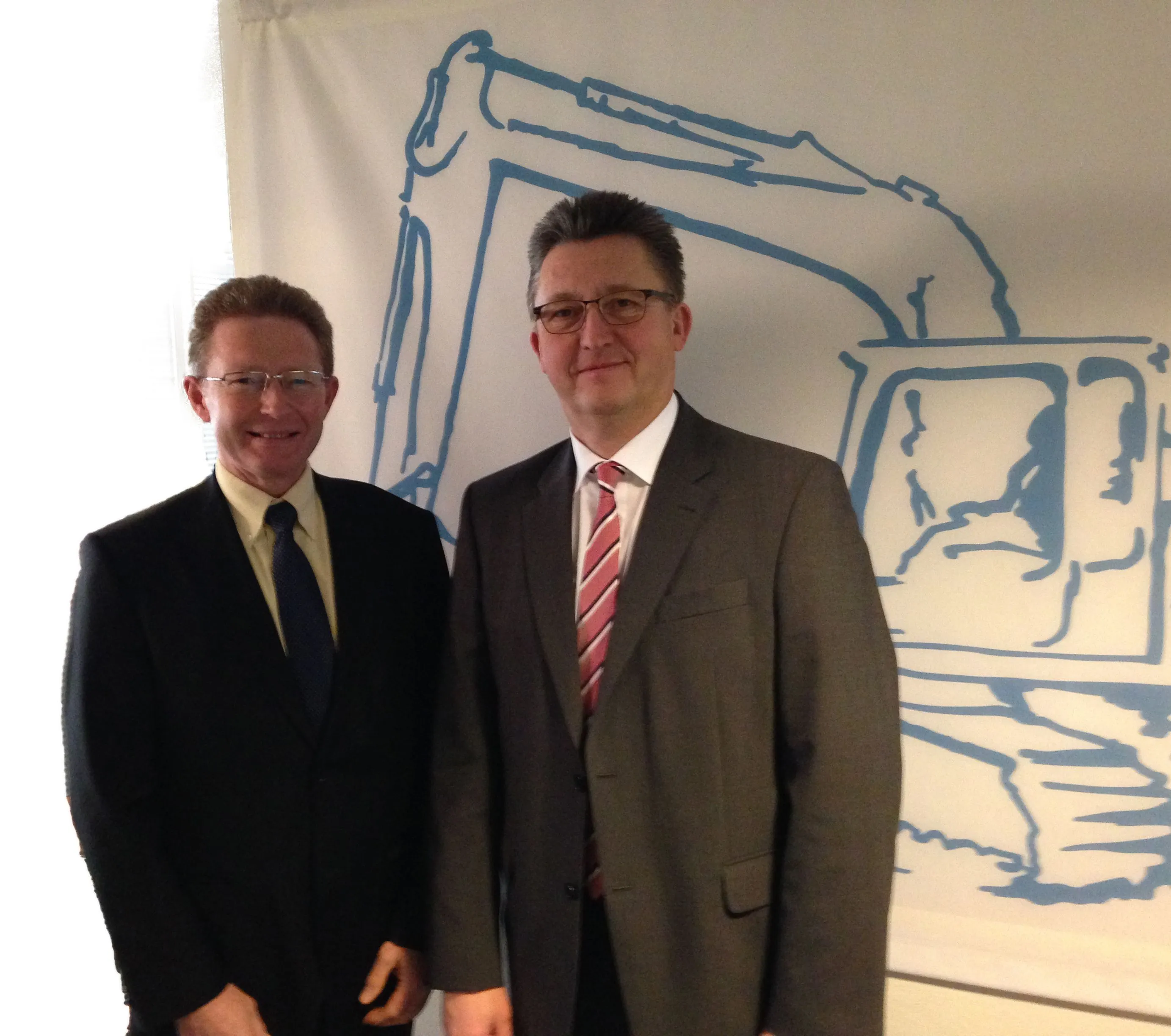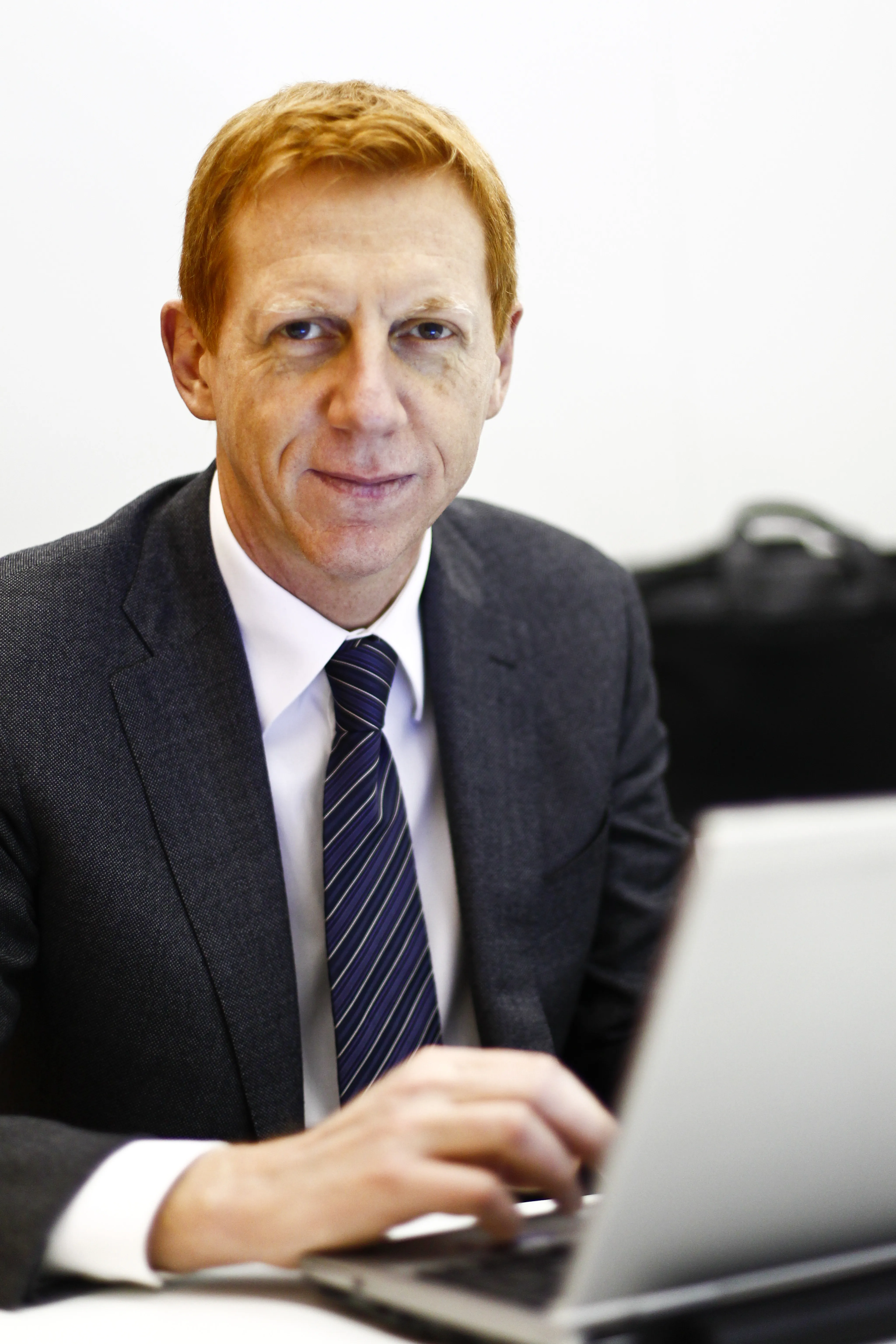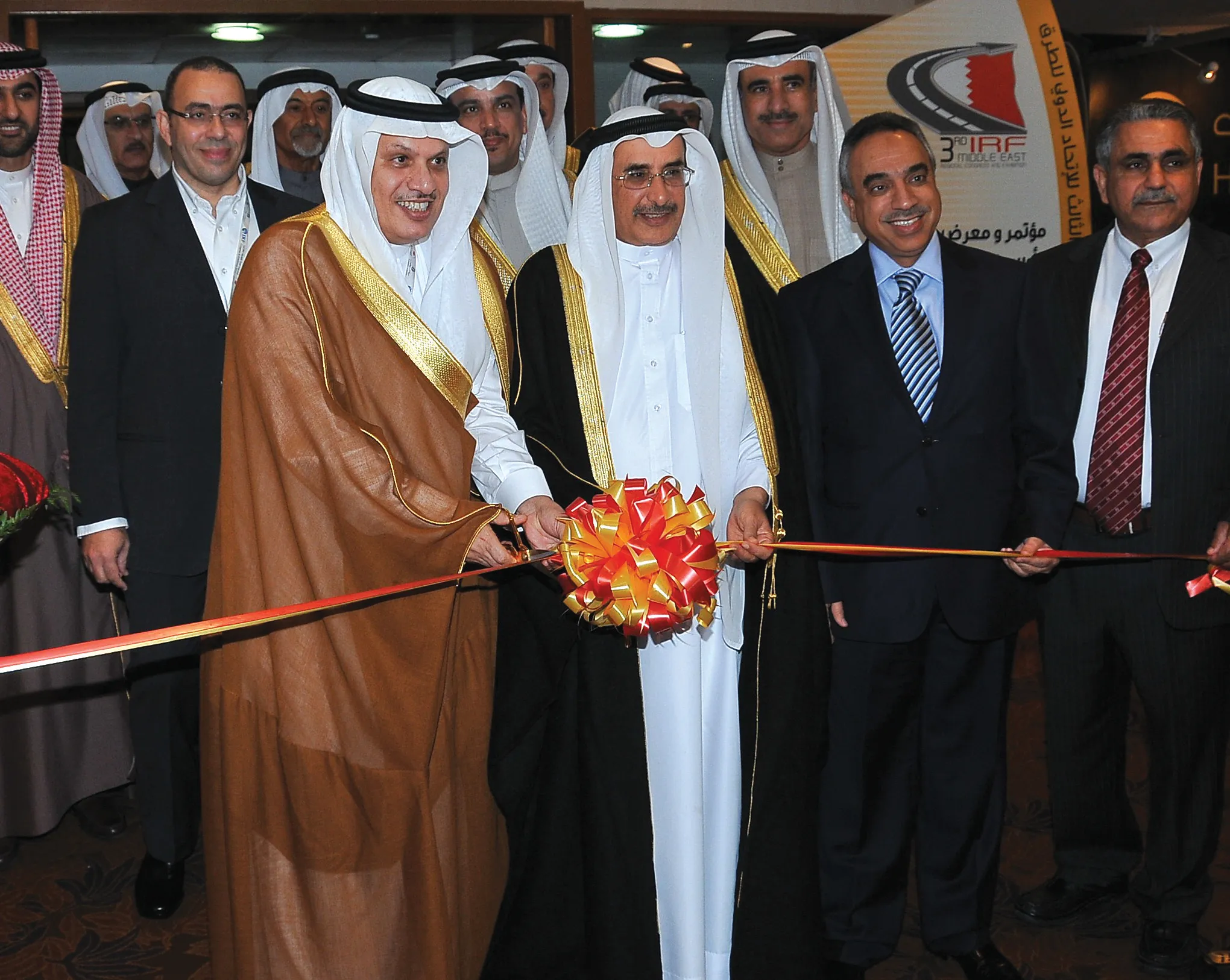Eric Lepine, general manager of Caterpillar France SAS in Grenoble, has taken over the presidency of the Committee for European Construction Equipment (CECE).
Lepine replaced Johann Sailer on January 1 2014 and will serve as CECE president over the next two years.
The official handover from Sailer, who himself chaired the association for two years, took place in Paris in December on the occasion of the last CECE-Steering Group meeting of the year.
During his 26 years of experience in the industry, Lepin
January 15, 2014
Read time: 2 mins

Eric Lepine, general manager of 178 Caterpillar France SAS in Grenoble, has taken over the presidency of the 2440 Committee for European Construction Equipment (CECE).
Lepine replaced Johann Sailer on January 1 2014 and will serve as CECE president over the next two years.
The official handover from Sailer, who himself chaired the association for two years, took place in Paris in December on the occasion of the last CECE-Steering Group meeting of the year.
During his 26 years of experience in the industry, Lepine has held various important positions at Caterpillar in countries such as Belgium, Hungary, Poland, Russia, USA and UK before taking over the responsibility in Grenoble, southeastern France.
Lepine’s main goal for his presidency will be to ensure the implementation of the 10 Points listed in the CECE-CEMA Industry Manifesto, which was presented during the 2013 CECE summit in Brussels to the members of the European Parliament and the2465 European Commission. Lepine believes that CECE should focus on three main priorities during his presidency: achieving a harmonisation of road safety requirements for non-road mobile machinery within Europe; ensuring that industry’s needs are duly taken into account within the current revision of the exhaust emission legislation; and maintaining efforts to secure the final approval of the market surveillance legislation review, currently stuck at the European Council level. Lepine says the CECE will continue and step up dialogue with decision makers in Brussels at all levels. “We will keep on promoting the idea of fair competition and free trade for all market players in Europe. What we have to avoid is non-needed complexity in laws and regulations.”
Lepine’s deputy chairmen for the next two years are Christian Stryffeler, executive vice-president for the machine segment of6791 Ammann AG and Giampiero Biglia, business director at CNH Industrial. The new CECE president is chief spokesman of 1,200 mainly medium-sized European construction equipment manufacturers from 14 countries. They are members of CECE via their national associations. The European construction equipment industry achieves a turnover of 25 billion Euros and employs 130,000 people.
Lepine replaced Johann Sailer on January 1 2014 and will serve as CECE president over the next two years.
The official handover from Sailer, who himself chaired the association for two years, took place in Paris in December on the occasion of the last CECE-Steering Group meeting of the year.
During his 26 years of experience in the industry, Lepine has held various important positions at Caterpillar in countries such as Belgium, Hungary, Poland, Russia, USA and UK before taking over the responsibility in Grenoble, southeastern France.
Lepine’s main goal for his presidency will be to ensure the implementation of the 10 Points listed in the CECE-CEMA Industry Manifesto, which was presented during the 2013 CECE summit in Brussels to the members of the European Parliament and the
Lepine’s deputy chairmen for the next two years are Christian Stryffeler, executive vice-president for the machine segment of









